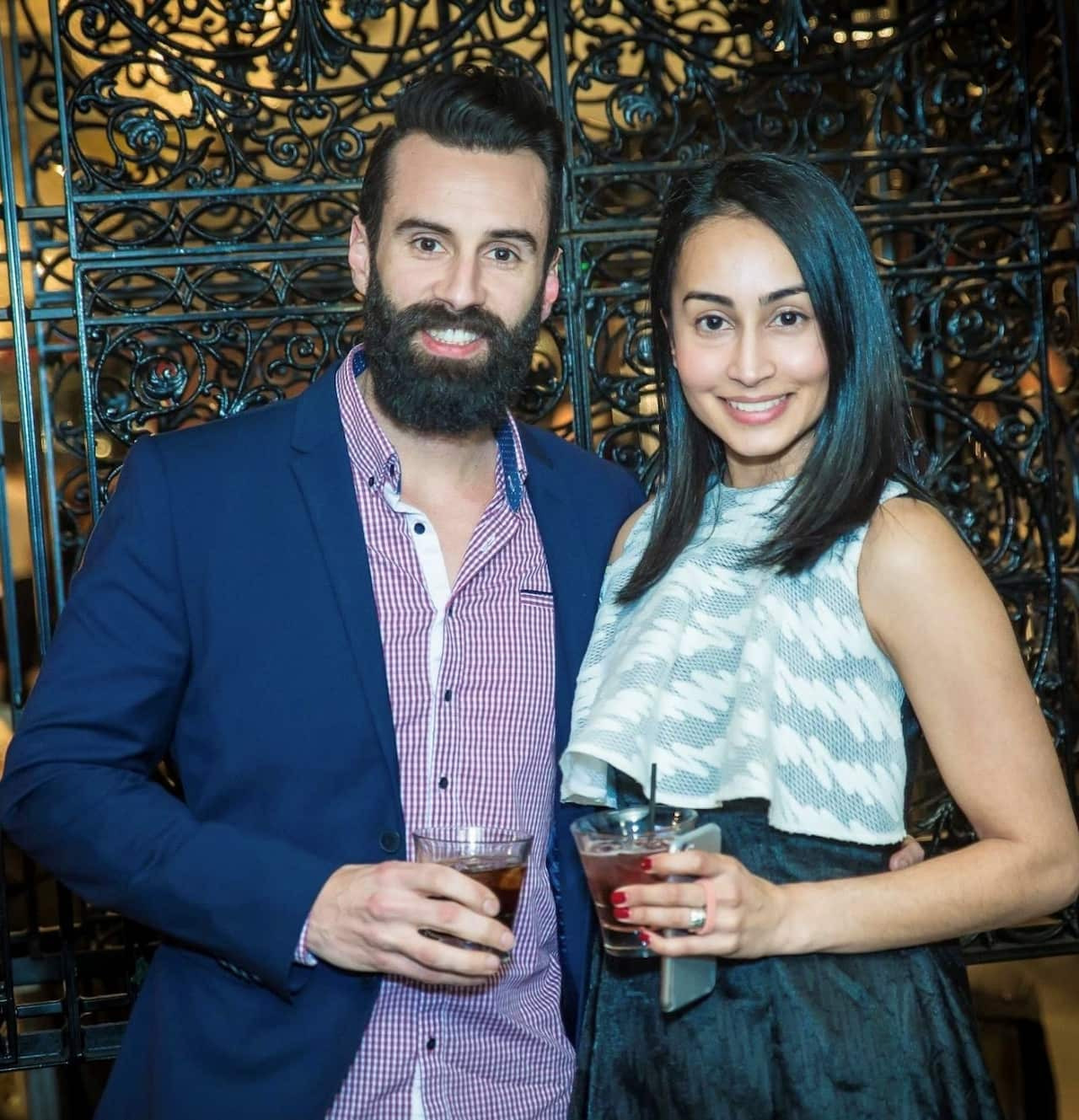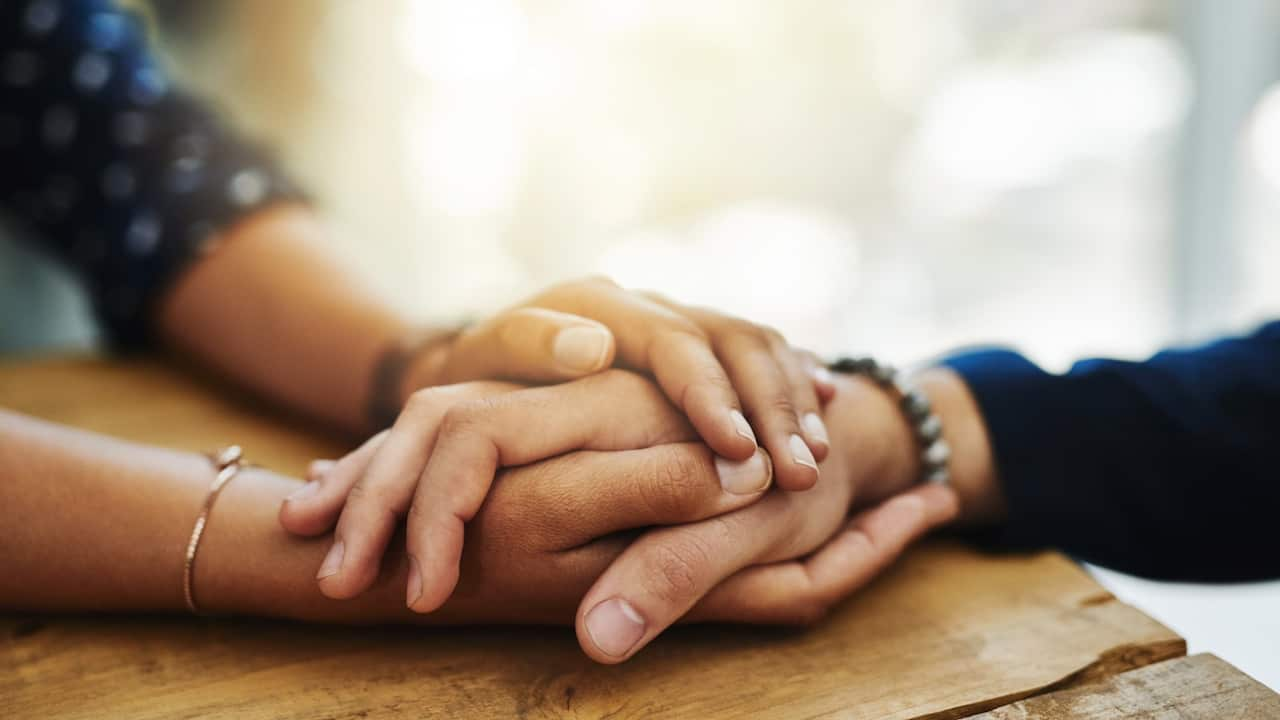Key Points
- Every day in Australia, six babies are stillborn, while two babies will die within 28 days of birth
- The National Stillbirth Action and Implementational Plan (2020) outlines the need for culturally and linguistically appropriate models for stillbirth prevention and care
- For the first time, the Australian government has recognised 15 October as International Pregnancy and Infant Loss Remembrance Day
The death of a baby is one of the most traumatic and isolating experiences a mother and family can go through.
However, open and honest conversations about stillbirth rarely occur, and there is no clear guidance for manoeuvring through the hospital system, during and after a stillbirth.
The difficulties are amplified for Australia's Culturally and Linguistically Diverse (CALD) communities.
Released for the first time in 2020, the National Stillbirth Action and Implementation Plan attempts to address many of these issues, including the need for cultural appropriateness, not only for prevention of stillbirth, but in bereavement care.
Labor Senator Kristina Keneally, whose daughter Caroline was stillborn 22 years ago, says cultural sensitivity is of the utmost importance in approaching stillbirth.
"Different cultures have different approaches to death, different approaches to stillbirth, so people being able to access support in their language and in culturally appropriate ways is absolutely fundamental to them been able to recover emotionally and physically," Senator Keneally tells SBS Japanese.

Having sat through the inquiry, Ms Keneally says she was struck to find out there were three groups of women where deliveries were not made in either prevention or bereavement care: women in regional and remote areas, Aboriginal and Torres Strait Islander women, and women of migrant/CALD backgrounds.
Reflecting on her experience, Ms Keneally says she "cannot imagine how much harder it would be to recover without access to resources".
The need for cultural sensitivity
Jolena was 20 weeks pregnant when she received the news that her baby, who she named Alexander, did not have a heartbeat.
“We were halfway, and it was our first child.”
For Jolena, the shock and pain of losing Alexander was further complicated by how her family handled the situation.
“They didn’t want to talk about it or kept quiet about it. I was told that everything happens for a reason, that it happens to a lot of people and that I should 'get over it',” she told SBS Japanese.
“It was like a cover up, as if my reaction was embarrassing.”

Like Jolena, Fatima says there was "lots of hushing" after losing Aya at 27 weeks.
"People don't even want to consider that you can potentially lose a baby."
For Fatima, who is an Australian Muslim, there was a lot of confusion as to the "right" way to honour Aya.
She took the offer of a cuddle cot from the hospital, to spend the last days with Aya, but in her faith where death is honoured through quick burial, "the offer itself could cause controversy for a lot of people".
"But I went with what felt right at the time."
Professor Nadia Badawi, who is the co-head of the Grace Centre for Newborn Intensive Care at the Children’s Hospital Westmead, and who speaks Arabic, says she often witnesses such differences of culture.
She says some Arab families are reluctant to spend time with the dead baby or request burial within 24 hours of death, which is difficult for some staff to comprehend.
Creating memories with the dead baby - like taking photos or hand/foot prints, cutting a lock of hair - is often encouraged as the "right thing to do", but this is not always welcomed, says Professor Badawi.
"We must accept that every family is different."
Though her workforce is more ethnically and religiously diverse than ever before, and has learnt to become more culturally sensitive, Professor Badawi says in the earlier days sometimes things were "done against the family’s wishes”.

"It needs a lot more attention," says Professor Badawi, adding that we need a "a system that offer a variety of choices, that is culturally sensitive and not imposing".
For Fatima, navigating with the hospital on how she wanted to honour the death of Aya was overwhelming.
"I had just given birth a few hours ago, and already we were looking up funeral directors, burials... We wanted it to be a representative of our faith and culture. I wish it was all mapped out, so someone else could take care of it."
Growing circle of support
Keren Ludski, the CEO of Red Nose Australia, says the organisation is running a federally funded program called Hospital to Home to support families in their acute stage of loss.
The program is provided by bereavement outreach workers with lived experience of loss who assist with tasks like organising funerals and contacting workplaces.
To foster a safe place for families to grieve, the program can also be combined with interpretation or community liaison services.
“Sometimes it’s as simple as someone telling you that everything you are feeling is normal,” says Ms Ludski.
Finding that one person, who either understands your language or culture, or has experienced stillbirth may be the key to growing your circle of support.
Yuka, whose first child Shinosuke was stillborn in Canada, knows all too well how difficult the sudden and unexpected loss can be in a country where you have little knowledge of the system. She was in Canada for business.

For Yuka, having an interpreter who had experienced stillbirth was crucial in her acute stage of loss.
"I didn't have the mental capacity to do anything, so I left everything to her."
Although Yuka saw a social worker following her loss, the inability to explain the emotion in her language was very difficult, so she did not continue on that path. For her partner, unable to speak English at the time, there was never an opportunity to "work through the trauma".
“For a long time, he avoided holding babies. He still has flashbacks. Perhaps if he had the right support, things could have been a little different.”
For Lucy, who arrived from Colombia almost two years ago, the language barrier has added an extra layer to her grief. Her daughter, Natasha, was stillborn two months ago at 27 weeks.
She and her partner recall the frustration of the informed consent process, which they was say was carried out in such a hurried way that they had no time to understand the context.
It was like being "pushed", says Lucy, adding that an interpreter did not help in this case. However, along their painful journey, the couple met Spanish-speaking midwives who "made a difference" to Lucy's grief.
International Pregnancy and Infant Loss Remembrance Day
In 2021, 15 October was formally recognised as International Pregnancy and Infant Loss Remembrance Day in Australia.
"It was gratifying, not personally as a mother of a stillborn baby, but indeed for the thousands of parents I have spoken with over the years," says Senator Keneally.
"Whether it is miscarriage, stillbirth or neonatal death, that's a loss that stays with you. It's part of your identity, your history, your memory, part of the love you hold in your heart. To have that acknowledged when it is something people don't know how to talk about, to have that day means so much," she continues.
For those who need support:
Stillbirth Australia Foundation
Multicultural Centre for Women’s Health
Listen to SBS Japanese Radio on Tue, Thu and Sat from 10pm
You can listen to our past stories from our podcast
And don't forget to visit SBS Japanese Facebook page!
